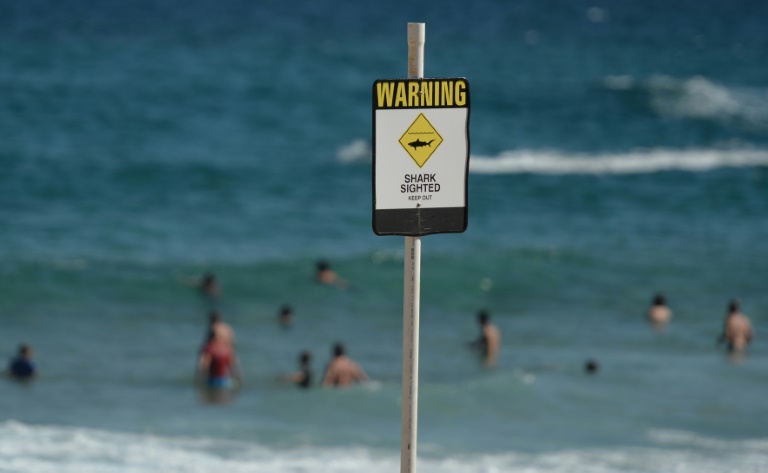
Conservationists on Monday slammed the baiting and killing of sharks at a popular Great Barrier Reef tourist spot after two swimmers were attacked, saying the policy was brutal and indiscriminate.
Queensland state authorities deployed drumlines — which use baited hooks to catch the predators — at the Whitsunday Islands after two tourists were mauled in separate incidents a day apart last week.
Hannah Papps, 12, and 46-year-old Justine Barwick, who were bitten on their legs, remain in hospital.
Fisheries Queensland said Monday that six sharks — five tiger sharks measuring up to 3.7 meters (12 feet) long and one smaller black tip shark — were killed after being ensnared in the drumlines.
The government agency said the sharks were “humanely euthanized” and “taken out to sea for disposal”. Local media said they were shot.
“The message is these waters are not safe for swimming,” a Fisheries spokeswoman said.
The attacks have revived debate about the best policies to reduce shark encounters.
Conservationists have been critical of the use of drumlines, saying they are a blunt instrument that would often catch other marine creatures as well.
Marine scientists have also said that killing sharks could disrupt the ecology of the ocean.
“Culling is not the solution to prevent shark bites,” Humane Society International said.
“These drumlines will indiscriminately catch and kill marine life, whilst potentially attracting sharks to the area.”
Sea Shepherd Australia’s Jonathan Clark said the attacks had taken place in an area where “fishers take sharks” and where locals should know not to swim.
“We have been told… it’s a safe harbor for boats but not for swimming. Were locals and visitors adequately warned following the first bite incident?” Clark added in a statement as he called for better public information protocols.
Barwick’s husband told Fairfax Media that while he understood why authorities were culling sharks after the encounters, “shark attacks are rare and sharks play an important role in the ecosystem of the Great Barrier Reef”.
New South Wales, the country’s most populous state, experienced a spate of attacks several years ago and has since trialed non-lethal measures such as aerial drones to track sharks’ movements.
Experts say shark attacks are increasing as water sports become more popular and bait fish move closer to shore, but fatalities remain rare.




